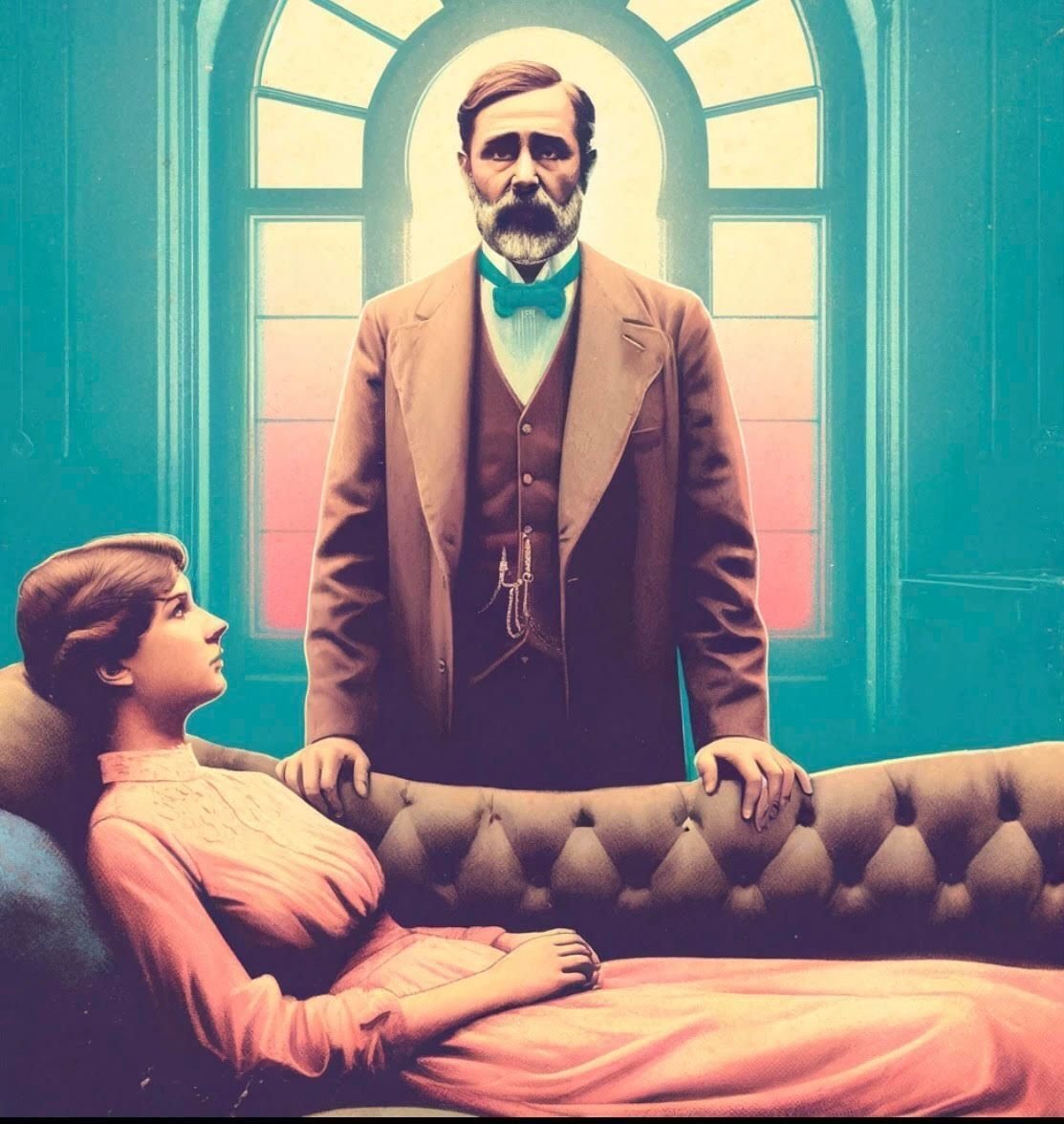
「◯◯理論・技法は、古い?新しい?」
前回、全てのカウンセリング技法・理論は、完璧ではないので、クライアントの状況に応じて、理論や技法を適用していけばいいのではないかということを書きました。
今回は、その続きです。
よく、「◯◯理論・技法はもう古い」、「これからは凸凹理論・技法だよ」とおっしゃる方がいますが、「はて?」と思ってしまいます。
彼らの言う通りだとすると、例えば、フロイトは、もう古くて意味がないのでしょうか?
フロイトら過去のレジェンドたちは、彼らが考え工夫した理論・技法によって何人もの人たちの助けになっています。彼らの理論・技法を「古い」と言い切ってしまう人たちは、そうした成功事例については、どう説明するのでしょう?
僕は、理論・技法が古かろうが、それによる成功例があるのなら、切り捨てるわけにはいかないと考えています。むしろ、なぜ成功したのかを考えてみる必要があるでしょう。
それ以外に僕らができることは、先人たちがうまくいかなかった事例をどうすればいいか、うまくいっていた事例でももっと効果のあるやり方があるのではないかなどを考えることで、過去を否定することではありません。
僕自身、フロイトの時代に行われていた自由連想法を使うこともあります。転移・逆転移、抵抗、自我防衛機制などの基本的概念については、とても重要なものだと思っています。
過去のレジェンドたちは、意欲的です。
カレン・ホーナイは、フロイトの少し後に出てきた人ですが、自己実現の概念について、1930年代後半には考えていたようです。
ウィルヘルム・ライヒは、近年日本で話題になっているソマティクス(心身心理学)の基礎となる概念を1930年代に主張しました。
でも、当時、ホーナイは偉大なるフロイトに反旗を翻したとみなされ、1941年に、ニューヨーク精神分析協会から除名されています。
ライヒは、1954年に、食品医薬品局から、彼の開発したオルゴン・エネルギー集積器の治癒効果を根拠無しと判定され、さらに、裁判所侮辱罪で懲役2年の刑を言い渡され、1957年に、連邦刑務所内で心臓病のため亡くなっています。もっとも、「オルゴン・エネルギー集積器」については、「ガン・狭心症・喘息・高血圧・てんかんに効果あり」と主張した点については、「ライヒさん、ちょっと突っ走りすぎてない??」って言いたくなってしまいますが・・。
ホーナイもライヒも画期的な提案をしているのに大バッシングを受けて、メインストリームから否定されたのです。
ホーナイは、ニューヨーク精神分析協会から除名されてもめげることなく、精神分析振興協会を設立し、自己分析によって精神分析の枠組みの中で得られるものと同じ洞察を得ることができることを示唆しました。さらに鈴木大拙と親交し、禅の研究も行いました。彼女のやっていたことは、ここ20年ぐらい注目されている「マインドフルネス」そのもの、というよりむしろ深いものだと僕は思っています。
ライヒの提唱していた「筋肉の鎧」、すなわち抑圧した情動は身体反応として現れるという考え方は、現在注目されているソマティックの基本的考え方です。また、彼は、性教育及び性にまつわる様々な不合理に注目し、「避妊に関する徹底的な教育の実施」、「中絶の完全合法化」、「既婚者と未婚者の法的な区別の撤廃。離婚の自由化」などを提案しました。当時としては、画期的なことだと思います。
そういうわけで、僕は、古きレジェンドたちを、「もう古い」と切り捨てるのではなく、「温故知新」の姿勢でいようと思っています。
フロイトやアドラーやホーナイやライヒやロジャーズやスキナーほどの成果を僕が出せているのか、彼らほどの創造的な発想があるのかと自問すれば、「もう古い」なんてことはとても言えるものではありませんし・・・。

